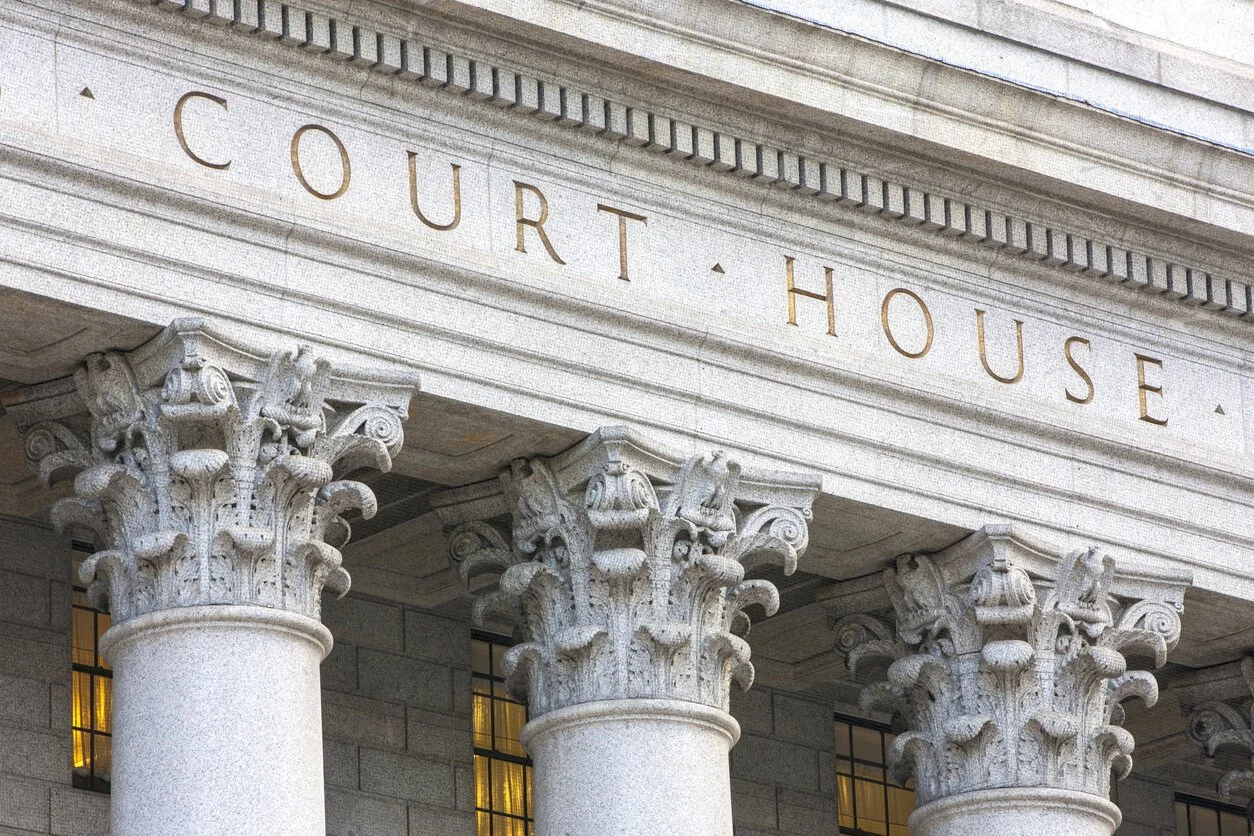Federal Circuit Rules PACER Fees Excessive
On August 6, 2020, the United States Court of Appeals for the Federal Circuit affirmed a district court ruling that the federal judiciary has been charging unlawfully excessive fees for access to records through the Public Access to Court Electronic Records (PACER) system.
The panel opinion, authored by Judge Hughes, found that the district court “got it just right,” over arguments from the government that the district court identified too much unlawful excess, and from the plaintiffs that the district court identified too little unlawful excess.
A statutory note to 28 U.S.C. § 1913 permits the federal judiciary to “prescribe reasonable fees” for “access to information available through automatic data processing equipment.” The federal judiciary provides such access via PACER, a searchable electronic records database housing comprehensive federal court records. However, in order to use PACER and access records, users must pay ten cents per page.
As the panel opinion observed, the judiciary charges fees for use of PACER because “Congress has never appropriated funds to cover the cost of PACER operations.” Annual appropriations for the judiciary largely “cover judge and staff salaries, federal defender services, courthouse security, and juror payments.” Therefore, the judiciary self-funds other services, like PACER.
Although the government argued that the district court lacked jurisdiction, the panel opinion found that the plaintiffs’ “illegal exaction” claim “possesses all the basic elements for Little Tucker Act jurisdiction: a non-tort claim against the United States pursuant to a federal source of law whose violation entitles the plaintiff to money from the government.” The appeals court held that plaintiffs’ complaint “accordingly states a claim over which the district court had jurisdiction under the Little Tucker Act.
Turning to the merits, the panel opinion held that the plaintiffs “overread the statutory text while the government underreads it.” While plaintiffs argued that the judiciary could only charge fees to the extent necessary to reimburse expenses incurred in providing PACER access, the government argued that the judiciary was authorized to charge fees necessary to cover costs related to “any electronic court access service or program.”
The panel opinion found that the statutory note “lacks a clear object or purpose of the supposed limitation (‘only to the extent necessary’ to what?’) and we are unwilling to supply one of our own—or one of plaintiffs’—making.” Instead, the panel opinion held that it could “give full effect to the [2002 PACER amendment] by reading it as removing the electronic access fee obligation and encouraging the judiciary to rein in fees—without imparting any specific limitation on the fee-setting.” According to the appeals court, the district court’s understanding of the statutory text was correct: it limited fees to a more general rule: providing public access to federal electronic docketing information—and properly covering costs associated only with operating PACER, Case Management and Electronic Case Filing (CM/ECF), and Electronic Bankruptcy Noticing (EBN).
Applying this general rule to the projects contested by plaintiffs, the panel opinion held that the government was liable for the amount of fees used on four separate projects: “the Mississippi Study, [Violent Crime Control Act] Notifications, E-Juror Services, and most Courtroom Technology expenses.”
For the above stated reasons, the United States Court of Appeals for the Federal circuit affirmed the district court’s statutory interpretation of the § 1913 statutory note, and remanded the case back to the district court for further proceedings consistent with its opinion. On remand, the district court will likely take up the question of the amount of the “illegal exaction” now owed to plaintiffs.
Read the full case: National Veterans Legal Services Program, National Consumer Law Center, Alliance for Justice v. United States.
This case law update was written by Conor D. Dirks, Associate Attorney, Shaw Bransford & Roth, PC.
For thirty years, Shaw Bransford & Roth P.C. has provided superior representation on a wide range of federal employment law issues, from representing federal employees nationwide in administrative investigations, disciplinary and performance actions, and Bivens lawsuits, to handling security clearance adjudications and employment discrimination cases.


